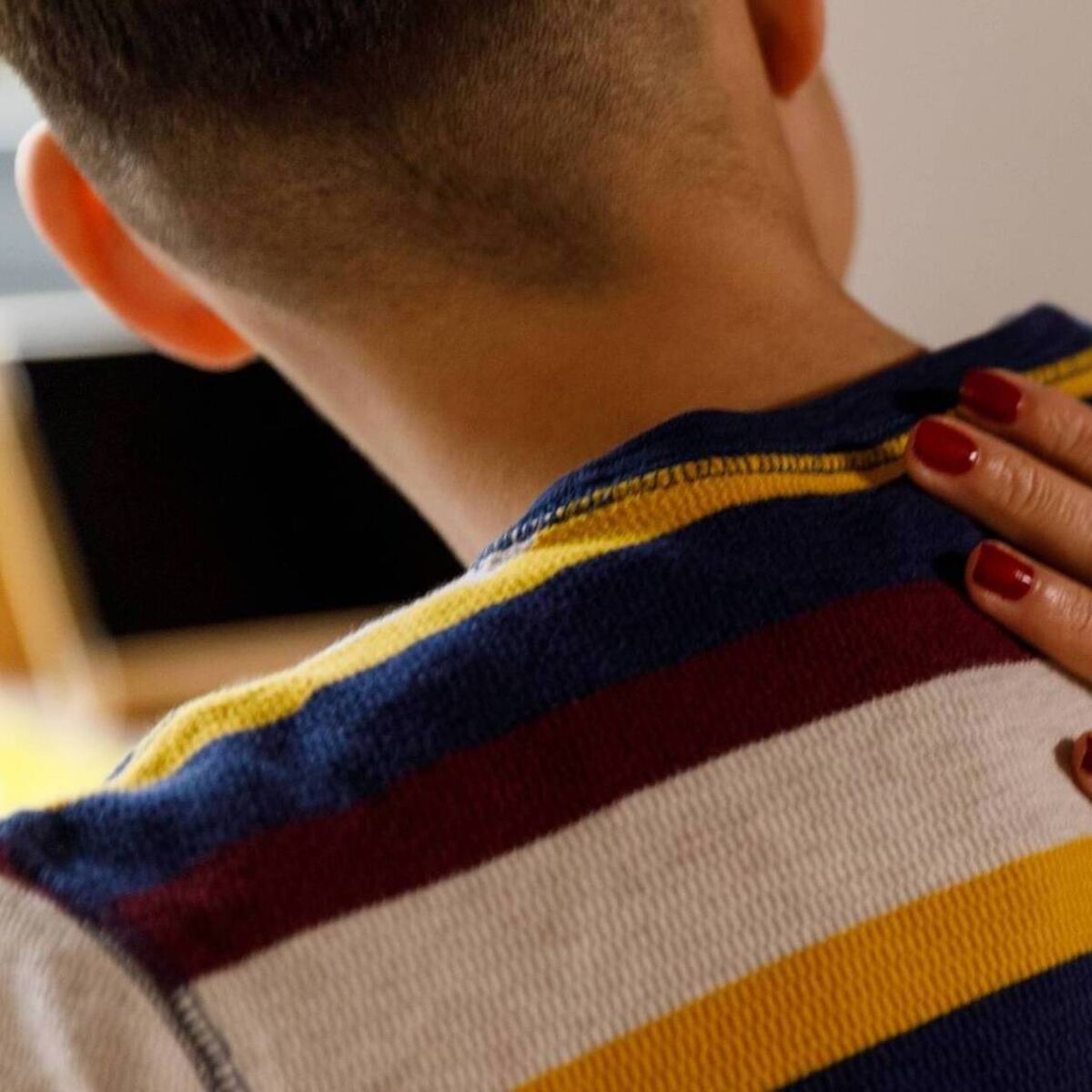Issues with the availability of support services were raised by Hiqa in recent inspections of two Cork International Protection Accommodation Service centres: Ashbourne House and Millstreet Accommodation Centre.
A total of 114 people accommodated in the two centres had received refugee or subsidiary protection status, and had received notice to seek private accommodation outside of the centre, but could not “due to the lack of alternative accommodation available”.
Both centres were commended for well-maintained facilities, positive resident-staff relationships, respect for cultural and dietary needs, commitment to resident independence, and access to health services and education support, but areas for improvement were identified.
Millstreet catered for 260 residents and had nine buildings with kitchens, sports hall, study areas, playground, afterschool club, and laundry rooms. Nearly 42% of residents had refugee or subsidiary protection status and were still living in the centre due to housing shortages.
Hiqa inspectors noted that the centre lacked formal strategic and operational plans, with no annual review conducted, and no formal resident meetings established — though residents who spoke with the inspectors said they had regular informal discussions with staff and that they felt listened to.
On the previous inspection, the inspectors had identified that the windows on the upper floors of one building were not closing properly, and others had broken window opening-stays. This posed potential safety risks, particularly for young children. These window issues had not been addressed in the time since the last inspection.
The centre employed a reception officer to support all residents, but they worked two days per week at the time of inspection, which inspectors said “was not sufficient to meet the needs of the number of residents living in the accommodation centre”, but the provider said the role was being further resourced to increase the hours they would be available to residents.
Ashbourne House catered for 92 residents on the outskirts of Cork city, and facilities included a creche, homework club, communal kitchens, gardens, and playgrounds. Five people living there had been granted permission to stay in Ireland yet remained living in the centre.
Similarly to in Millstreet, at the time of the inspection, the general administrative manager occupied the role of the reception officer two days per week in the centre — inspectors found this arrangement to be unsatisfactory given the size of the centre, but were informed by the service provider that arrangements were being put in place to employ someone whose sole role would be a reception officer.
The service provider had ensured that family members were placed together. However, such arrangements did not always promote and protect their privacy as the majority did not have access to their own living space.
